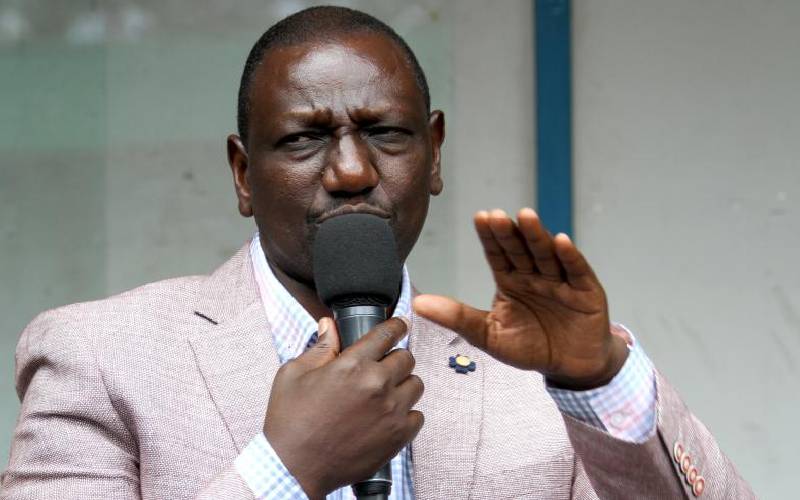 Many a time, political stock is created by hedging on relationships that serve the interests of those who bet on them. In some cases, the lines between facts, innuendo and lies are blurred as long as the information peddled serves the short-term expediencies of propagators. The relationships themselves are as transient as the causes they serve so that as one Kenyan once put it, “in politics, there are no permanent friends or enemies, only shared interests.”
Many a time, political stock is created by hedging on relationships that serve the interests of those who bet on them. In some cases, the lines between facts, innuendo and lies are blurred as long as the information peddled serves the short-term expediencies of propagators. The relationships themselves are as transient as the causes they serve so that as one Kenyan once put it, “in politics, there are no permanent friends or enemies, only shared interests.”
The alacrity with which politicians in Kenya change camps is astonishing. Alliances are mooted and discarded at the drop of a hat. Loyalties are fleeting and dependent entirely on what one gets out of a relationship. There are no inviolable principles. Nothing is sacrosanct. Self-preservation is elevated above cardinal truths so that it seems the end justifies the means.